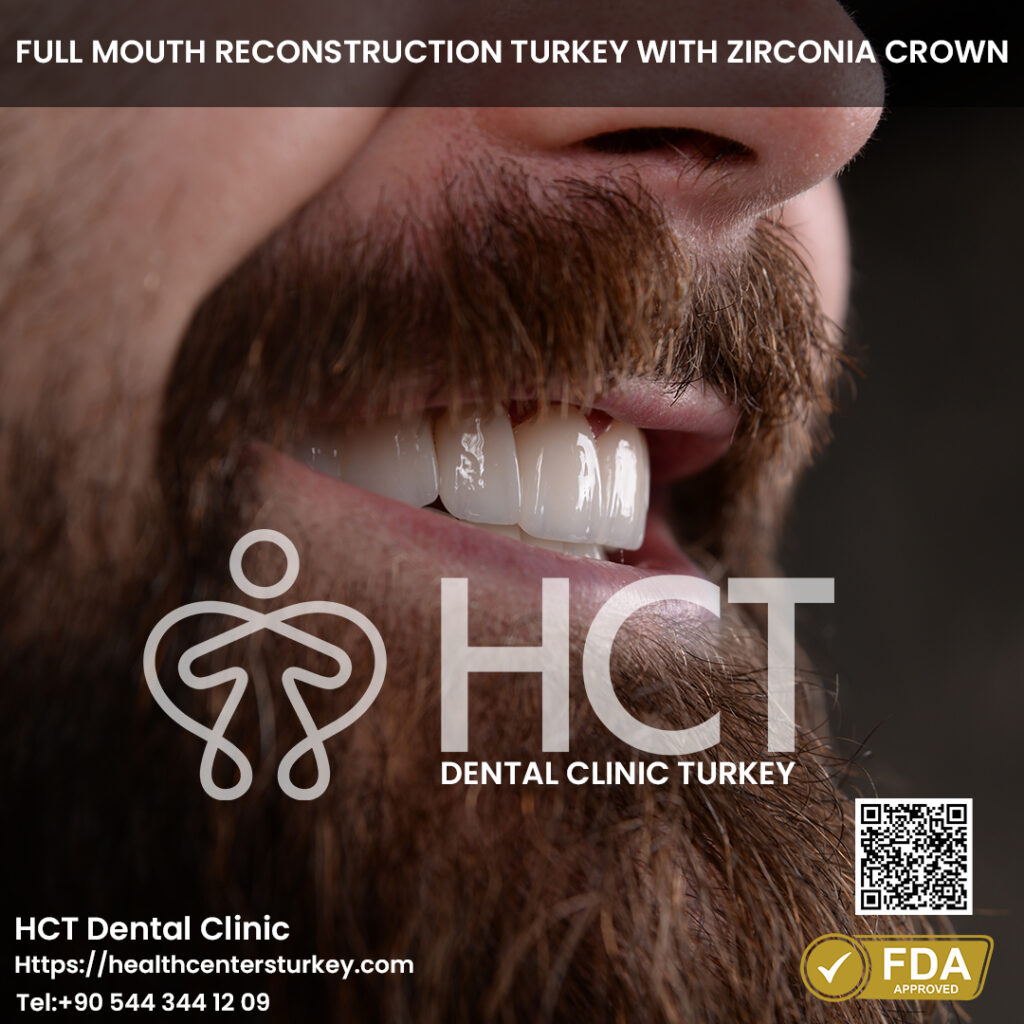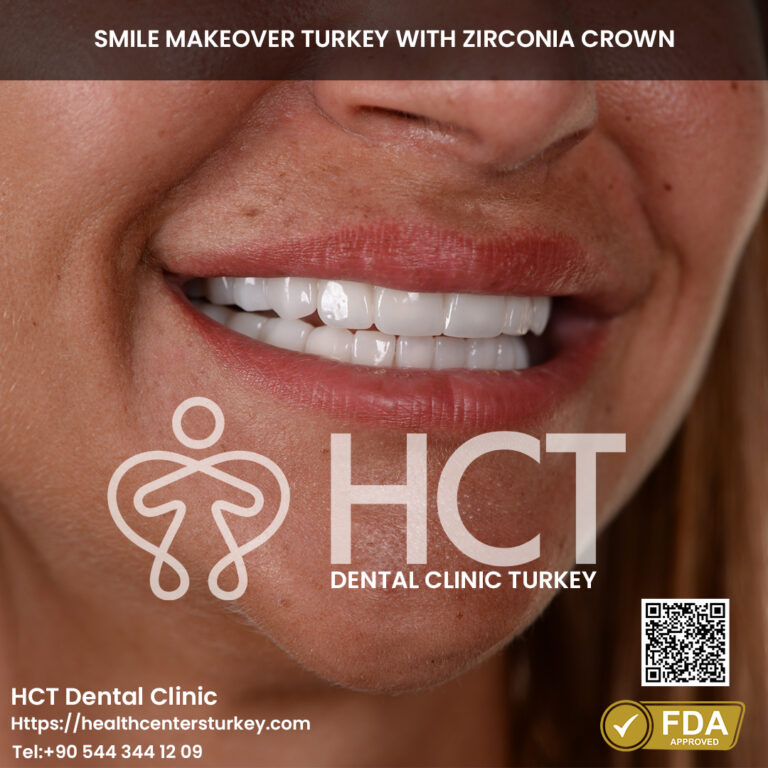Reveal Your Best Smile with Professional Dental Care in Turkey

Dental implants have turn into a focal point in fashionable dentistry, offering a dependable answer for these going through tooth loss. Among the multiple advantages they offer, one vital side worth considering is their influence on adjacent teeth. Understanding how dental implants affect surrounding teeth aids in making informed selections about oral health.
When a tooth is lost, neighboring teeth can easily shift towards the house left behind. This motion can result in misalignment, which compromises the general chew and function of the mouth. Dental implants mimic natural tooth roots, thereby maintaining the place of adjacent teeth.
Premium Teeth Plans targeting International Clients in Turkey
The stability offered by an implant is essential, as it helps in preserving not simply the physical alignment but in addition the structural integrity of the jawbone. When a tooth is missing, the underlying bone can begin to deteriorate as a result of lack of stimulation. An implant exerts stress on the bone during chewing, just like a natural tooth, which promotes bone health.
In some circumstances, a bridge or partial denture may be thought of as an alternative to implants. While these options might restore some performance, they will place further stress on neighboring teeth. Bridges normally require filing down the surrounding teeth to accommodate the anchors, thereby affecting their health over time. Dental implants, however, don't alter existing teeth, making them a more conservative selection.
Plan Your Dental Journey in Turkey
Hygiene becomes one other important factor when contemplating adjacent teeth within the context of implants. With dental implants, the person can maintain a regular hygiene routine just like natural teeth. Flossing and brushing across the implant are easy, making certain that the gum tissue remains wholesome and minimizing the chance of gum disease that could adversely have an effect on adjacent teeth.
Moreover, the supplies utilized in dental implants are biocompatible. This means they're designed to combine well with the body, decreasing the probabilities of an opposed response. This attribute not only makes the implant safe but also protects nearby teeth from potential issues that would come up because of contamination or infection.
In phrases of aesthetics, dental implants provide a natural look and feel, closely resembling original teeth. Adjacent teeth benefit from this aesthetic appeal as well. When an implant is positioned, the encircling gum tissue may be formed to mimic natural contours, thereby enhancing the overall appearance of the smile. This aesthetic factor can encourage individuals to spend money on their oral care routines, benefiting each the implants and adjacent teeth in the long term.
Budget-Friendly Teeth Treatments offered in Turkey for global patients
Another concern is the potential for gum disease, which may have an result on the health of adjacent teeth. Gum disease can occur when plaque builds up around teeth and implants. Regular dental visits and appropriate oral hygiene can mitigate this concern. The presence of implants can also serve as a motivator for higher dental hygiene practices, as people turn into extra acutely aware of maintaining their total mouth health.
Studies have proven that dental implants can contribute to a major improvement in quality of life. Patients often experience elevated confidence and are much less hesitant to smile or interact in social interactions. A healthy and well-maintained smile indirectly promotes higher take care of adjacent teeth, as people tend to turn out to be more aware of their total oral hygiene.
One often-overlooked side is the psychological influence of dental implants on patients. Knowing that implants offer long-term options can ease the nervousness associated with tooth loss. With fewer worries about future tooth shifts, patients usually tend to invest effort and time into caring for their click here now teeth, which includes adjacent teeth.
In conclusion, dental implants function more than just a solution for missing teeth; they play a pivotal function in maintaining the health and integrity of adjacent teeth. From stopping misalignment to promoting gum health and enhancing aesthetics, the advantages are manifold. By opting for implants, people cannot only restore performance but also foster a more healthy oral surroundings for surrounding teeth. The psychological and aesthetic advantages further contribute to an total enhanced quality of life.
Smile Enhancements Available in Scenic Turkey
In the long term, understanding how dental implants affect adjacent teeth can guide individuals in making empowered choices relating to their dental health. The integration of these implants into the mouth acts as a stabilizing drive, safeguarding both the bodily alignment and functionality of neighboring teeth, whereas promoting a long-lasting, healthy smile.
- Dental implants usually do not exert strain on adjacent teeth, maintaining their integrity and decreasing the risk of shifting or misalignment.
- The placement of an implant typically encourages higher oral hygiene habits, positively influencing the health of adjacent teeth through improved cleansing practices.
Reach Your Perfect Oral Appearance with Expert Care from Turkey's Dental Clinics
- In some circumstances, dental implants can stimulate the surrounding bone, which helps protect the natural teeth's position and general dental structure.

- The gap left by missing teeth can result in bone loss; dental implants can prevent this, thereby defending adjacent teeth from potential complications.
- Budget-friendly Dental Care Packages in Turkey including Implants and Cosmetic Dentistry
Invest in Your Smile with Affordable Options in Turkey
- By restoring the perform of a missing tooth, implants help distribute chunk forces evenly, decreasing wear and stress on neighboring teeth.

- Properly placed dental implants can act as a support structure, preventing unwanted movement of adjacent teeth ensuing from tooth loss.
- The presence of an implant could improve the aesthetic appearance of surrounding teeth by filling in gaps and supporting facial structure.
Experience Outstanding Oral Care during Your Visit
- Dental implants eliminate the need for adjacent teeth alteration, unlike bridges, which require reshaping the close by teeth for help.
- Implants additionally scale back the danger of gum disease in comparability with other tooth replacement options, indirectly benefiting adjacent teeth by promoting total oral health.
Achieve Your Best Smile with State-of-the-Art Dental Solutions in Turkey.
- Long-term success of dental implants is linked to the health of surrounding teeth, emphasizing the importance of regular dental check-ups and maintenance.
How do dental implants affect adjacent teeth?
Rejuvenate Your Oral Health with Leading-Edge Dental Treatments in Turkey
What are dental implants and the way do they work with adjacent teeth?undefinedDental implants are synthetic tooth roots positioned into the jawbone to help replacement teeth. They don’t have an effect on adjacent teeth directly, as they are impartial constructions. Instead, they might help keep the integrity of surrounding teeth by preventing bone loss.
Can dental implants cause damage to adjacent teeth?undefinedIf positioned appropriately, dental implants shouldn't harm adjacent teeth. However, improper placement can lead to points like misalignment or pressure, emphasizing the importance of choosing an skilled dental skilled.
Will dental implants promote bone progress around adjacent teeth?undefinedYes, dental implants assist stimulate the jawbone, which might encourage bone progress. This can benefit adjacent teeth by sustaining bone density and stability within the area.
Reasons to Consider Dental Tourism in Turkey for Treatment
Should I worry about gum disease affecting adjacent teeth after getting an implant?undefinedGood oral hygiene is essential after getting an implant. Gum disease can nonetheless have an result on adjacent teeth, but a correctly maintained implant doesn't improve that risk. Regular dental visits can help monitor and preserve gum health.
What occurs to adjacent teeth if I lose a dental implant?undefinedIf a dental implant fails or is lost, adjacent teeth could shift due to modifications in bite alignment and assist structure. This might lead to misalignment or extra tooth loss if not addressed.
Are there any special care requirements for adjacent teeth after getting implants?undefinedMaintaining good oral hygiene practices, together with regular brushing, flossing, and dental check-ups, is crucial for both dental implants and adjacent teeth to prevent decay and gum disease.
Explore Budget-friendly Dental Treatments in Turkey
Do dental implants help support adjacent teeth when chewing?undefinedAbsolutely. Implants original site can enhance overall chunk perform, which might alleviate stress on adjacent teeth throughout chewing. This can lead to higher distribution of forces, promoting oral health.
How can I prevent issues with adjacent teeth and implants?undefinedConsistent dental care, together with professional cleanings and examinations, common brushing and flossing, and following your dentist’s aftercare instructions, are key to stopping complications.
Can adjacent teeth transfer if I have a dental implant?undefinedAdjacent teeth could move if they are not well-supported, especially after tooth loss. A dental implant helps keep the structure, reducing the danger of shifting teeth.